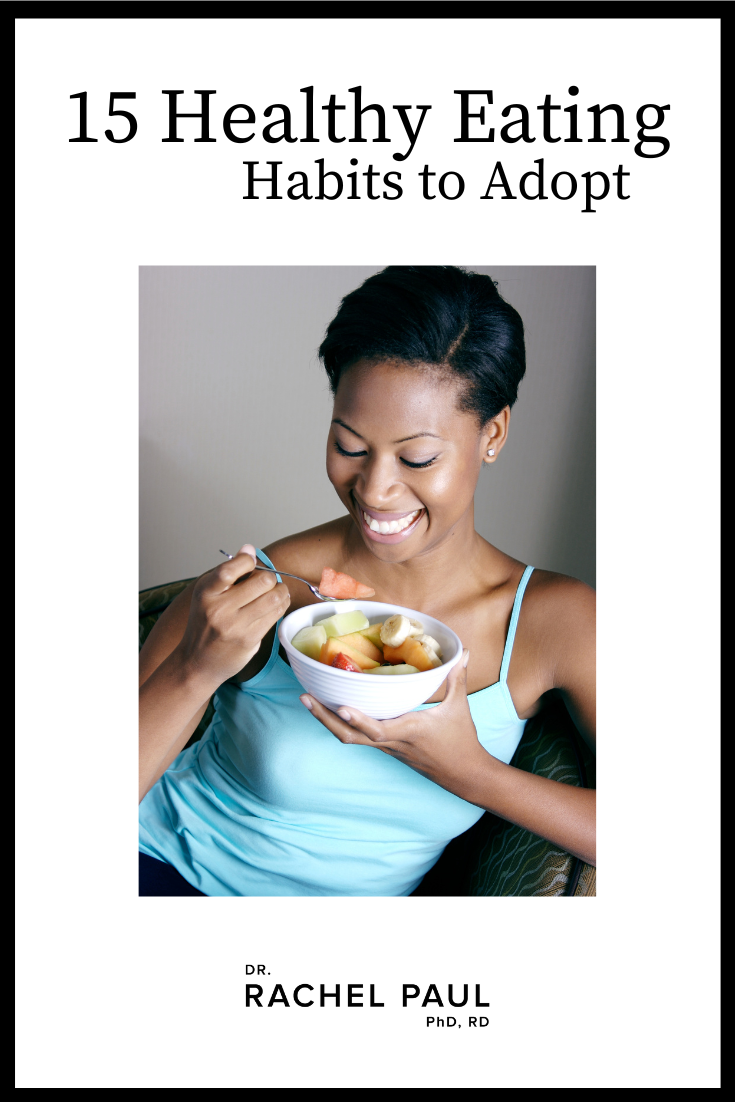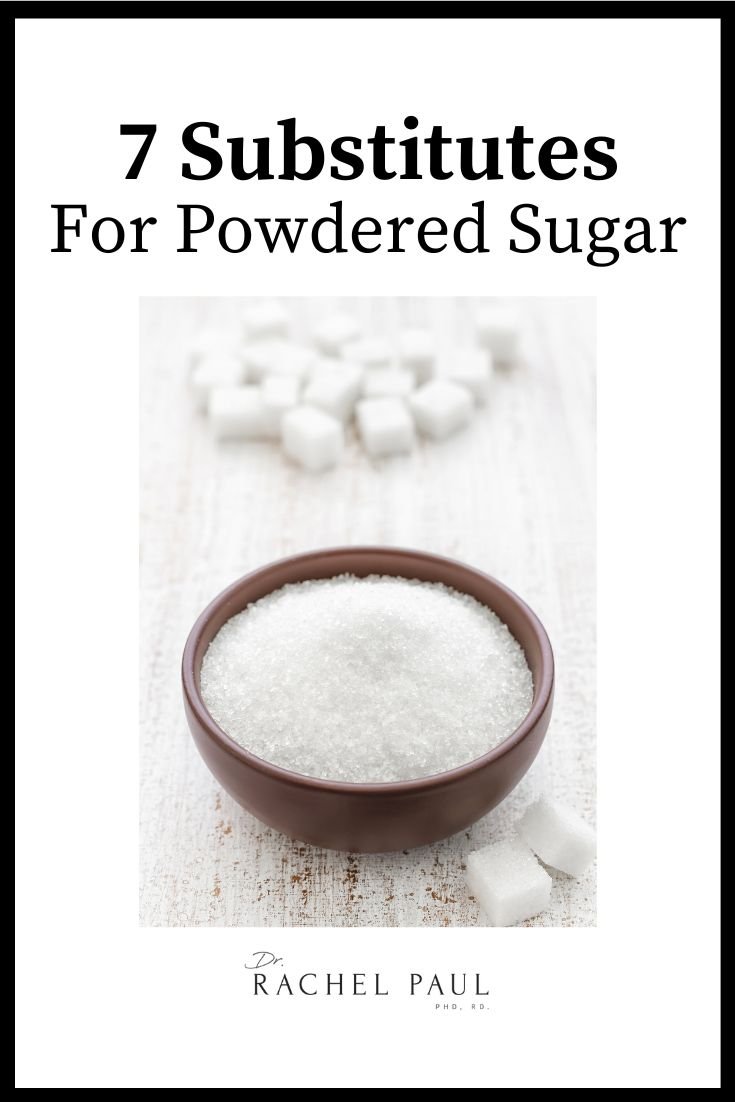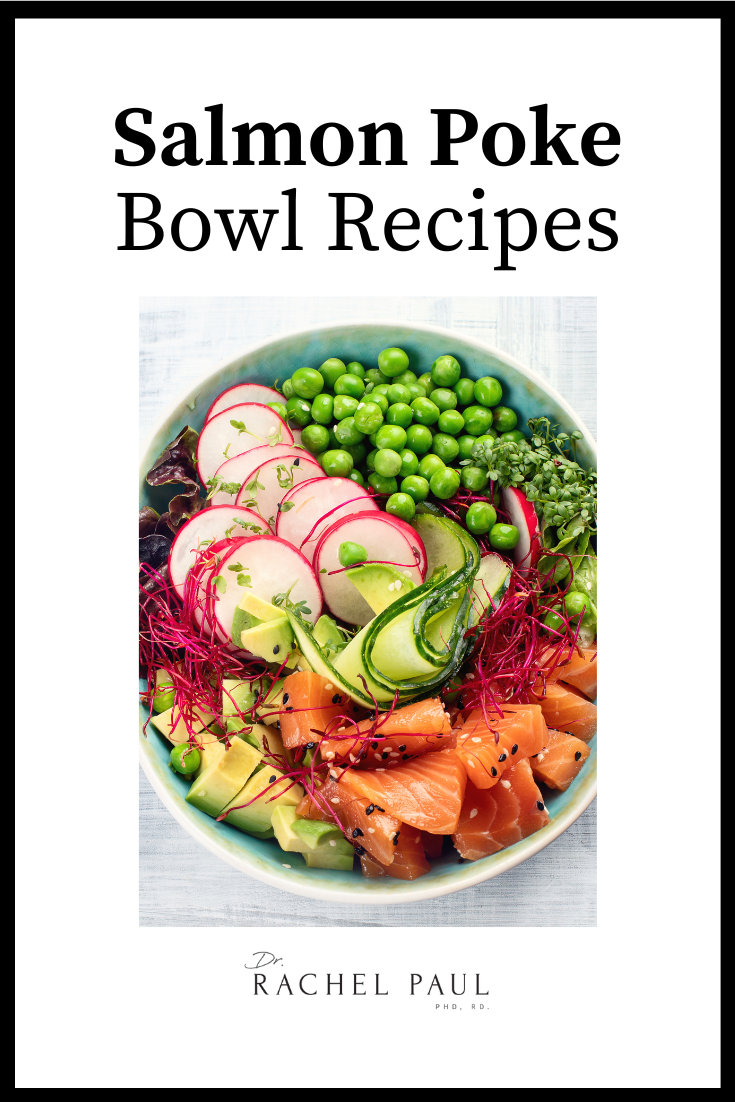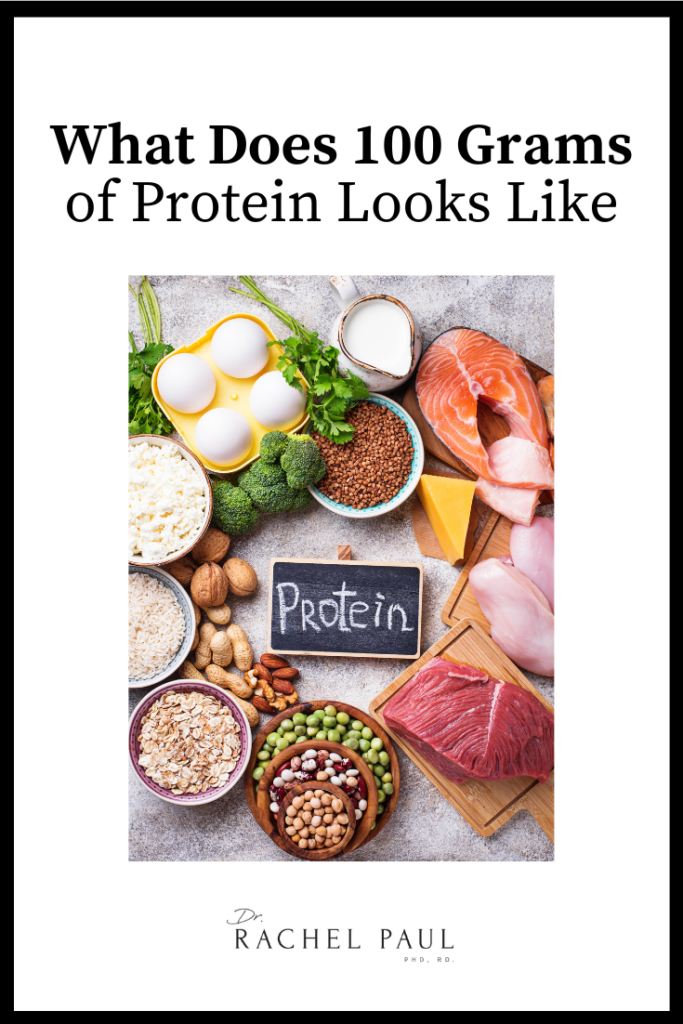
Habits are actions done repeatedly over a period of time.
The habits we choose to adopt can affect our lives, and even the smallest adjustments to your eating habits can have a significant impact on your overall health when done regularly.
Adopting healthy habits will not only make an impact on your overall health and help you get in better shape (whether that for you means to lose weight, gain weight, get toned, or something else), but it will also help you keep up with your healthy lifestyle, make it sustainable, help you in the long run, and make it effortless.
So, I’m sharing a roundup of healthy habits to adopt related to eating, healthy meals, healthy food, and overall life habits, that can help you reach your health and fitness or weight loss goals without resorting to crash diets and unsafe treatments.
Healthy Eating Habits To Adopt
Eat At Least One Veggie Per Day
One of the main things you need to think about when working on eating healthier is eating vegetables. They fuel your body, give you nutrients, and fiber, and they’re a crucial part of a healthy diet.
Some people tend to struggle with eating vegetables when they don’t like the taste.
So, to make a habit of eating veggies, try to start with at least one veggie per day. Make sure you include it in your meals every day.
When prepared right, veggies can be SO delicious, so just season and prepare them well, and you’ll start loving them!
If you really don’t like them, you can even include veggies in a smoothie.
Eat At Least One Fruit Per Day
If you want to develop healthy eating habits, another thing to work on is eating one fruit per day.
With fruit, it can maybe even be easier, as you can juice it, and also include it in smoothies or eat it as a snack.
Start making a habit out of eating at least one fruit per day.
Eat A Balanced Diet
When working on developing healthy dietary habits, it’s all about finding balance.
You need to eat fruit and vegetables, protein, healthy fats, and healthy carbs. So, to make it a habit, when deciding what to eat, try to always add one food from each food group.
Make a checklist of each food group, and when deciding what to eat, go through the checklist and see if you added an ingredient from each group.
That will help you make it a habit.
Plan Ahead
Planning your meals ahead is a great habit you can develop if you want to eat healthy.
First of all, it will help you make everything less stressful. You’ll always know what you’re eating that day, you’ll have all of the ingredients you need, and you’ll be able to create a balanced menu because you’ll be looking at the whole day when planning, instead of just looking at one meal at a time.
It can also help you with saving money, as you’ll only be getting ingredients you’ll actually need. We’re probably all guilty of going to the grocery store, just getting random stuff that seems good and we think we’ll use, and then we don’t end up using them at all. Planning your meals ahead will help prevent that.
So, that’s definitely a great habit to adopt.
You can see what works for you – whether you prefer to plan out your whole week at once, or you want to plan out a few days and do it 2-3 times per week.
Avoid Buying Unhealthy Foods
When going grocery shopping, make it a habit to only buy healthy foods.
If you don’t buy chips and similar unhealthy things, you won’t eat them – it’s that simple.
So, if you want to stop eating unhealthy things, just make it a habit to ignore them in the store, and that will help you eat a healthy diet.
Think About Portion Control
Pay attention to the amount of food you’re putting on your plate.
When you put too much on your plate, sometimes you’ll eat it without even thinking, even though you might have been full in the middle of the meal.
Also, think about how much you’re putting on the plate from each food group. Put larger servings of veggies on the plate, and smaller servings of pasta or a different carb. That way, you can still eat the foods you like, and eat a balanced diet.
Drink Enough Water
Drinking enough water is crucial for health.
To make it a habit, you can try different things and see what helps you the most. You can buy a large bottle and make sure you drink the whole bottle throughout the day (or 2 bottles, depending on how big it is), or you can install an app that reminds you to drink water (yup, there are apps for that).
Eventually, you’ll make a habit out of it.
Go Outside
Try to make a habit of going outside at least once per day, even if it’s for a 15-minute walk. It’s so important for your health, and fresh air is great for you.
Do Physical Activity
Try to make a habit out of having a physical activity at least 3 times per week. That doesn’t have to be something you don’t like. If you don’t like the gym, you don’t have to do that. You can do yoga, pilates, go on a hike, ride your bike, run, go to a dance class, etc.
Meal Prep
Preparing your meals in advance is a great habit to have, as it will help you always have healthy foods in your home you can just heat up, and that will prevent you from ordering something unhealthy when you’re busy and don’t have time to cook.
Reward Yourself Without Food
Oftentimes we tend to reward ourselves with food. If we manage to work out 3 times per week for example, or we reach a business goal, we reward ourselves with a pizza.
But that mindset can really hurt you in the long run.
So, try to reward yourself with non-food-related things.
Eliminate Distractions While Eating
Having distractions while eating can actually make you eat more, as you’re mindlessly eating.
So, eliminate distractions like TV, and focus on the meal.
Cook Your Meals
Make a habit out of cooking your meals instead of ordering in whenever that’s possible.
Carry Healthy Snacks
Another great habit to develop is bringing healthy snacks with you to work, school, or wherever it is you’re going. If you don’t, and you start being hungry, you might buy a snack you have near you, and those aren’t always the healthiest options.
Eat Slowly
Slower chewing is a great habit to develop, because of two reasons.
First of all, you need to fully chew your food in order to help your body process it better.
Secondly, eating slowly helps you realize when you’re full – if you eat the entire meal within minutes, you won’t be able to see if you might have been full before eating it all.
















